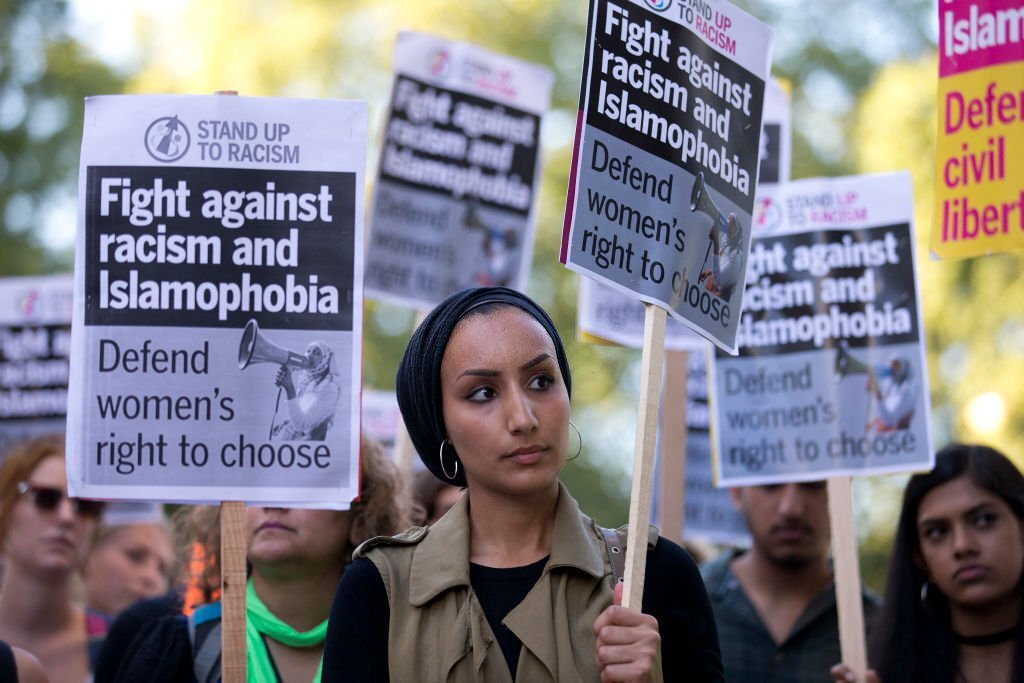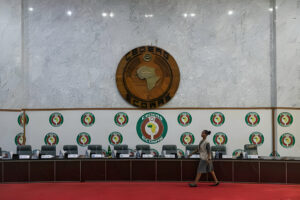Ahead of the forthcoming school season, France’s Education Minister, Gabriel Attal, has announced plans to prohibit the wearing of the Muslim abaya dress in state schools. The abaya, a full-length, loose robe, is donned by some Muslim women as an expression of their faith.
In a recent interview with TV channel TF1, Mr. Attal, 34, stated, “When you walk into a classroom, you shouldn’t be able to identify the pupils’ religion just by looking at them.” He further elaborated that he intends to provide “clear rules at the national level” to school administrators as they prepare for the reopening of schools on 4 September, as reported by Le Monde.
Mr. Attal, who assumed the role of education minister under the leadership of French President Emmanuel Macron just a month ago, emphasized the importance of secularism in the French education system. He described the abaya as “a religious gesture, aimed at testing the resistance of the republic toward the secular sanctuary that school must constitute”.
France’s stance on religious symbols, particularly within state schools and government establishments, has been notably stringent. The nation grapples with the challenge of updating its policies in light of its growing Muslim population.
Eric Ciotto, leader of the opposition right-wing Republicans party, was quoted by local media, stating that his party had previously called for a ban on abayas in schools.
However, the decision has not been without its critics. Clementine Autain, a representative of the left-wing opposition party, France Unbowed, labelled the move as “unconstitutional” and contrary to France’s foundational secular principles. She further expressed concerns, suggesting the ban reflects the government’s “obsessive rejection of Muslims”.
Adding to the discourse, The French Council of Muslim Faith, an umbrella organization for several Muslim associations, pointed out that clothing alone does not necessarily signify a religious affiliation.
For context, France has previously established regulations concerning religious attire. In 2004, the country prohibited the wearing of headscarves in schools. This was followed by a 2010 ban on full-face veils, or niqab, in public spaces. These decisions have been sources of contention, especially among France’s Muslim community, which numbers approximately five million.
Interestingly, the abaya has, until now, occupied a somewhat ambiguous position in France’s legal landscape, having not been subjected to an outright ban.














